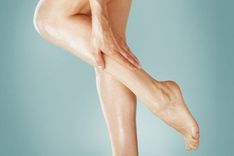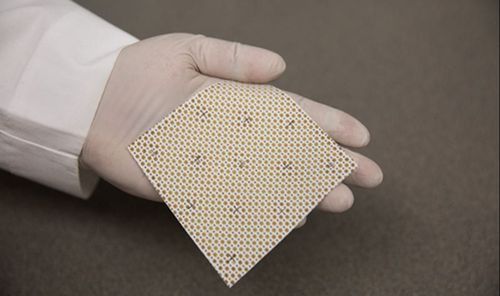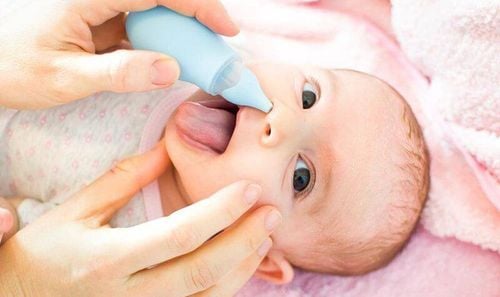The question of whether 70% alcohol can be used to disinfect wounds is a concern for many people when considering alcohol as a disinfectant. Especially nowadays, with a wide variety of disinfectants becoming more accessible, this raises doubts among many.
1. The Role of Alcohol in Wound Disinfection
Cleaning wounds is an essential part of managing injuries caused by any reason, from acute trauma to chronic wounds. Proper wound care means preventing and controlling local microbial contamination, reducing the risk of infection, and avoiding harmful effects on the wound healing process. To ensure this, topical antiseptics play a key role. These antimicrobial agents work by killing, inhibiting, or reducing the number of microorganisms and are considered necessary for controlling wound infections.
The most commonly used and well-established antiseptic for cleaning wounds is alcohol (or ethanol). While some types of alcohol have been proven to have effective antibacterial properties, ethyl alcohol, isopropyl alcohol, and n-propanol are the most commonly used for disinfecting hard surfaces and skin. Overall, alcohol is classified as a Type I antiseptic, which is safe and effective not only for wounds but also for healthcare workers to wash hands or prepare the skin of patients before surgery.
The aforementioned alcohols have been proven to have excellent in vitro bactericidal activity, effective against most gram-positive and gram-negative bacteria. Alcohol kills bacteria by damaging the membrane and rapidly denaturing proteins, interfering with metabolism, and causing coagulation and denaturation of proteins that lead to cell lysis. Additionally, alcohol can also kill Mycobacterium tuberculosis, various fungi, and some enveloped viruses. However, alcohol is not effective against spores and has low activity against non-enveloped viruses. Furthermore, the antibacterial activity of alcohol depends on the concentration of the solution. Specifically, its effectiveness significantly decreases if the concentration is below 50%, and the optimal range is between 60-90%.
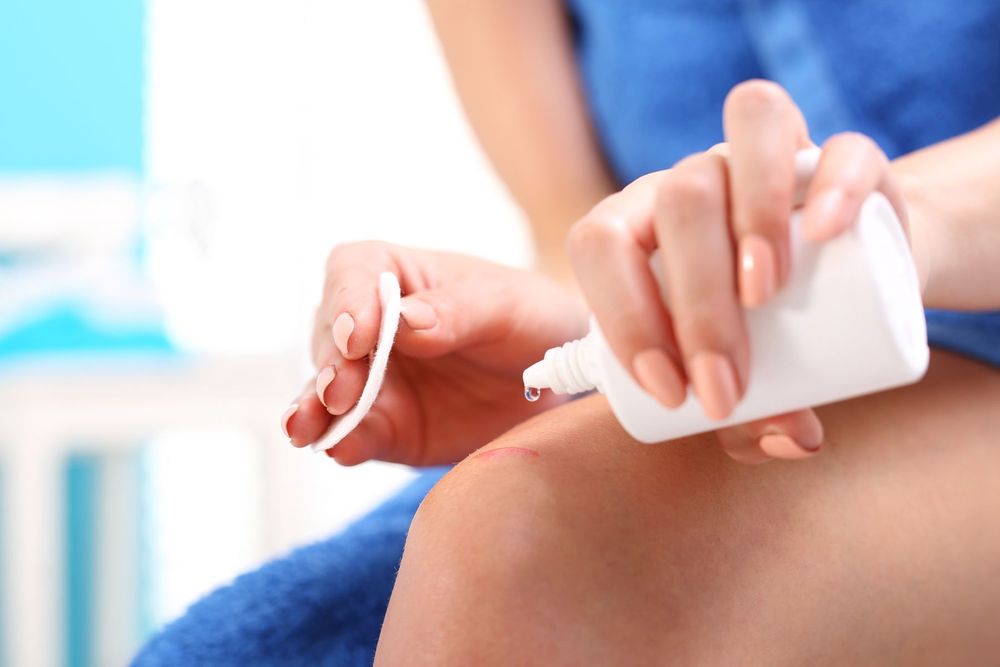
2. Why Should 70% Alcohol Be Used to Clean Wounds?
Isopropyl alcohol, particularly in solutions ranging from 60% to 90% alcohol mixed with 10-40% purified water, is typically chosen as 70% alcohol for cleaning wounds based on evidence of its rapid antibacterial action against bacteria, fungi, and viruses. When the alcohol concentration drops below 50%, its effectiveness for disinfection significantly decreases. Notably, higher alcohol concentrations, such as above 90% or pure alcohol, do not provide better bactericidal, virucidal, or fungicidal properties and may actually lead to waste.
On the other hand, the presence of water is also an important factor in killing or inhibiting the growth of pathogenic microorganisms when using 70% alcohol to clean wounds. Water acts as a catalyst and plays a key role in denaturing the proteins of the cell membrane. At a concentration of 70%, the alcohol-based disinfectant solution penetrates the cell wall more thoroughly, soaking through the entire cell, coagulating all proteins, thereby killing the microorganisms. Additionally, the added water helps slow down the evaporation process, increasing surface contact time and enhancing effectiveness. In contrast, alcohol concentrations above 90% will immediately denature proteins. With 70% alcohol to clean wounds, the lower concentration creates a protective layer that prevents other proteins from further denaturation, allowing the disinfectant to penetrate deeper into the cell.
3. How to Use 70% Alcohol to Clean Wounds
70% alcohol or antiseptics, in general, should only be used to clean superficial wounds with infection. On the other hand, open or deep wounds should not be treated with antiseptics during care. This is because, while antiseptics can kill harmful bacteria, they can also damage the surrounding healthy tissue. Indeed, newly formed granulation tissue is particularly sensitive to strong disinfectants because the cell membrane is more sensitive and fragile than mature skin. Therefore, improper use of 70% alcohol to clean wounds can actually delay the healing process.
When it comes to cleaning surface-level wounds, diluted soap and clean water are the best options for care. Additionally, for newly healed wounds, it is recommended to rinse the wound with a large amount of saline solution, allowing it to flow through the wound, rather than using 70% alcohol to clean it.
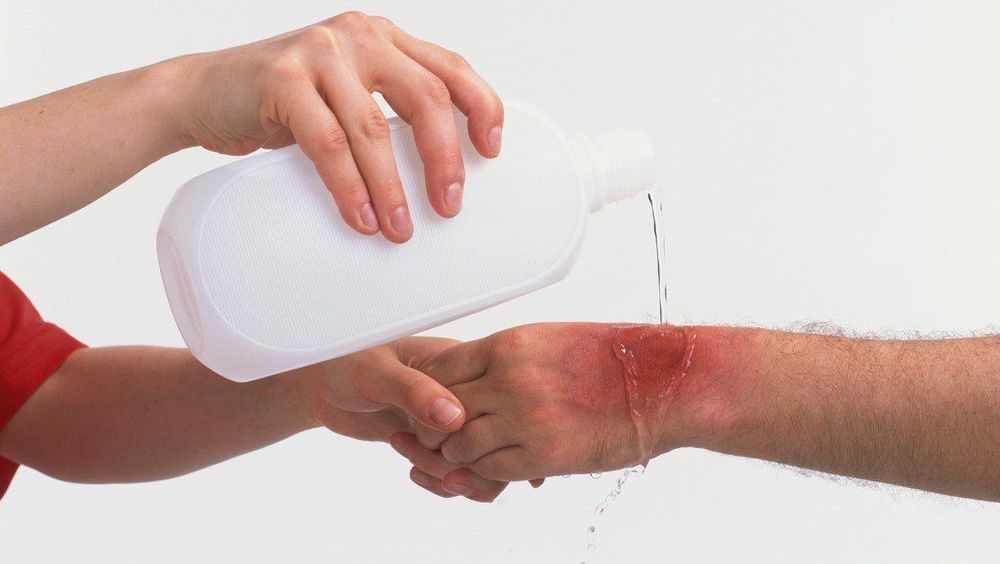
Finally, even on healthy skin, prolonged exposure to alcohol solutions or frequent use can cause dryness and increased skin irritation. As a result, the skin becomes dehydrated, loses elasticity, becomes rough, cracked, itchy, and more susceptible to microbial invasion, leading to infections. Therefore, the use of 70% alcohol to clean wounds should be done according to proper indications to avoid waste and minimize the risk of undesirable side effects.
In conclusion, with the wide range of antiseptics available on the market, many people wonder whether to use 70% alcohol to clean wounds or for higher concentrations. Understanding the role and mechanism of 70% alcohol in wound care will help ensure its proper use, effectively preventing bacterial invasion that causes local infections and promoting faster healing of the injury.
To arrange an appointment, please call HOTLINE or make your reservation directly HERE. You may also download the MyVinmec app to schedule appointments faster and manage your reservations more conveniently.


